Teachers are reporting that children returning to classes after almost 700 days of remote online learning and all too often no learning at all, have suffered great emotional and mental damage. This is manifesting by way of deficient socialisation skills, irritability, anxiety, fear, depression and digital addiction
-Poornima Dilip, Johanna Preeti Shama, Nishiha David, Mini P. & Cynthia John
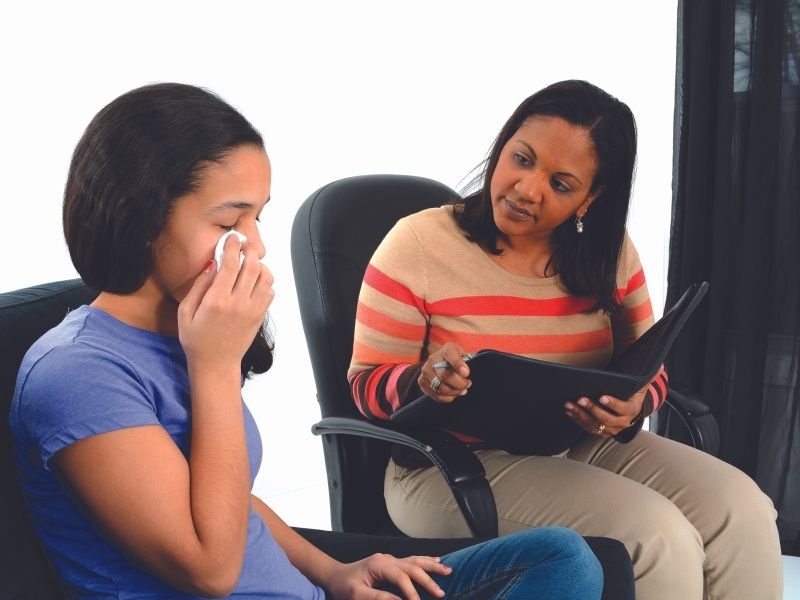 With education institutions countrywide having reopened their campuses and resumed normative in-class teaching-learning after the world’s longest education lockdown, educators are beginning to assess the extent of damage suffered by the world’s largest population of children and youth during the 82-weeks closure of all education institutions countrywide. And the consensus of informed opinion is that school children from pre-primary to higher secondary have been hit hardest.
With education institutions countrywide having reopened their campuses and resumed normative in-class teaching-learning after the world’s longest education lockdown, educators are beginning to assess the extent of damage suffered by the world’s largest population of children and youth during the 82-weeks closure of all education institutions countrywide. And the consensus of informed opinion is that school children from pre-primary to higher secondary have been hit hardest.
Teachers are reporting that academic learning loss aside, children returning to classes after almost 700 days of remote online learning and all too often no learning at all, have also suffered great emotional and mental damage. This is manifesting by way of deficient socialisation skills, anger management difficulty, irritability, anxiety, fear, depression and digital addiction.
A recent study titled, ‘School Closure and Management Practices During Coronavirus Outbreaks including Covid-19’ published in the UK-based Lancet Child & Adolescent Health, highlights that severe psychological conditions of increased irritability, inattention and clinging behaviour were discerned in all children irrespective of age group. “Research among parents revealed that children felt uncertain, fearful and isolated during current times. It was also shown that children experienced disturbed sleep, nightmares, poor appetite, agitation, inattention and separation-related anxiety.” Children from economically weaker sections and particularly whose parents’ health and jobs were impacted by the pandemic, displayed greater mental distress.
Dr. Samir H. Dalwai, development behavioural pediatrician, New Horizons Child Development Centre, Mumbai, and treasurer of the Indian Academy of Pediatrics, in an interview with EducationWorld (February) — an affiliate publication of ParentsWorld — warned that the “deleterious effect” on the mental health of India’s 260 million school-age children is greater than their academic learning loss. “Millions of children are showing signs of anxiety, depression, irritability, poor attention span, hyperactivity, sleep disturbance and post-traumatic stress disorder with younger children below six years showing regressive behaviour like clinging to parents, thumbsucking and bedwetting. We are facing a grave child mental health crisis,” says Dr. Dalwai.
Against the backdrop of parents and educators confronted with unprecedented emotional and mental damage suffered by children during the past two pandemic years, in the pages following, ParentsWorld presents expert advice to enable parents to cope with five commonly reported mental health disorders afflicting children in the immediate aftermath of the most prolonged education lockdown in Indian history.
1. Social skills loss
Pre-primary and primary age children develop social skills in interaction with peers and teachers in classrooms, playing spaces, during family gatherings and other social situations. But with pre-primaries and primary schools having suffered the most stringent lockdown, youngest children have been deprived of social and emotional learning (SEL) for two years.
“My daughter is six-years-old and son three. While my daughter attended preschool for a year before the pandemic shutdown of schools in March 2020, my son has never been to school. My daughter should be speaking fluently by now but she only manages a few sentences. My son has even greater difficulty communicating with other children and adults. Many of my friends are also reporting that their children’s language and social skills development has been severely impacted by the pandemic,” says Venkatesh Kumar, a Bengaluru-based IT professional.
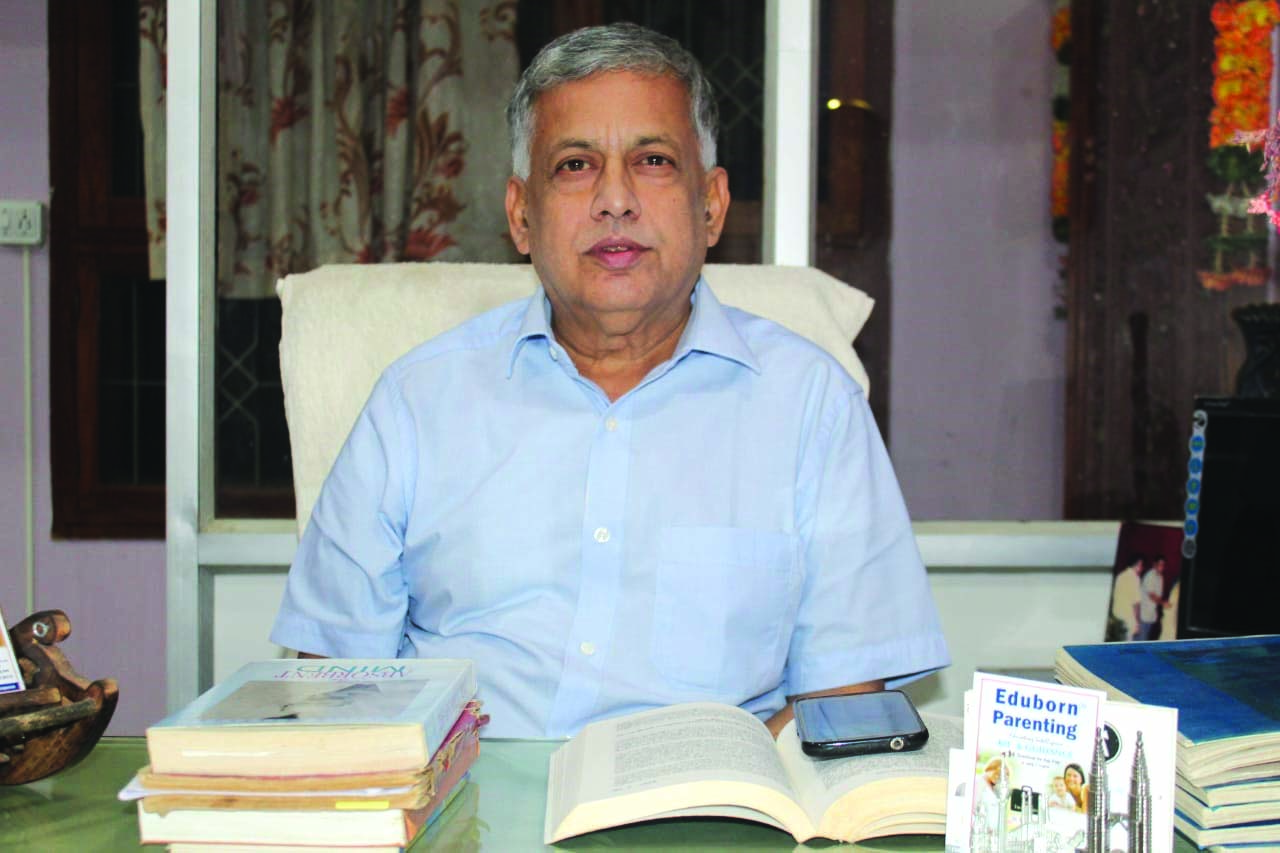
Dr. J.S. Venkatramani
Dr. JS Venkatramani, a Chennai-based child psychologist, says parental failure to address gaps in language and social skills development of youngest children will have long-term impact on their personality development and dent their confidence and self-esteem. “It’s absolutely imperative for youngest children to interact with peers of the same age group as well as non-family adults. As preschools have reopened, parents need to banish any hesitancy about sending infants to in-person classes. Moreover, they should also quickly sign up their youngest children in extra-curricular activities and increase play hours. This will improve their social skills,” says Venkatramani.

Dr. Swati Popat Vats
Dr. Swati Popat Vats, Mumbai-based president of the Early Childhood Association of India (ECA, estb.2010) which has a membership of 35,000 preschools countrywide, believes that early childhood educators will have to devise special activities to teach children social skills and stimulate brain development. “With preschools reopened, early childhood educators need to first ease young children by devising joyful non-stressful classrooms. They need to focus on activities such as story-telling, yoga, music, and encourage children to express themselves freely. It won’t be easy to repair the socio-emotional learning loss of two years but with kindness, focus and attention, it can be done,” says Popat Vats.
2. Digital addiction
With teaching-learning having moved online and children confined to home 24×7 during the past two years, there’s been a huge increase in children watching digital screens and managing digital devices. A recent survey conducted by the Gurugram-based OLX India, a popular online marketplace, concluded that the screen time of children aged 5-15 years has shot up by 100 percent since the first lockdown with 84 percent of parents “extremely worried” about its physical and psychological implications for children.
These apprehensions are justified. According to a paper published in the Indian Journal of Psychiatry (April 2021), excessive digital screen viewing “reduced children’s time spent on physical activity, caused eye strain, increased the risk of children developing myopia and obesity, and poor sleep”. In addition, excessive screen time is “associated with behavioural addictions such as gaming disorder and digital addiction”. Moreover, a 2021 survey conducted by a Chennai private hospital has indicated a 25 percent rise in children’s myopia during the past two pandemic years.

Savitha P.
“As a teacher, I have observed that children’s screen watching addiction has increased substantially over the past two years because of online education. Also because parents are busy coping with work from home, children’s use of digital gadgets is not regulated nor online activity sufficiently monitored. This has resulted in children becoming more irritable and uncommunicative,” says Savitha P, a teacher at the CBSE-affiliated Princeton School, Bengaluru.
Inevitably, gaming addiction and cyber-bullying is more prevalent among adolescent children. In January, media reported the instance of a 11-year-old boy in Madhya Pradesh who committed suicide due to online gaming addiction. In the same month in neighbouring Pakistan, a 14-year-old boy shot his mother and sister dead after failing to accomplish a mission in an online shoot-out game.
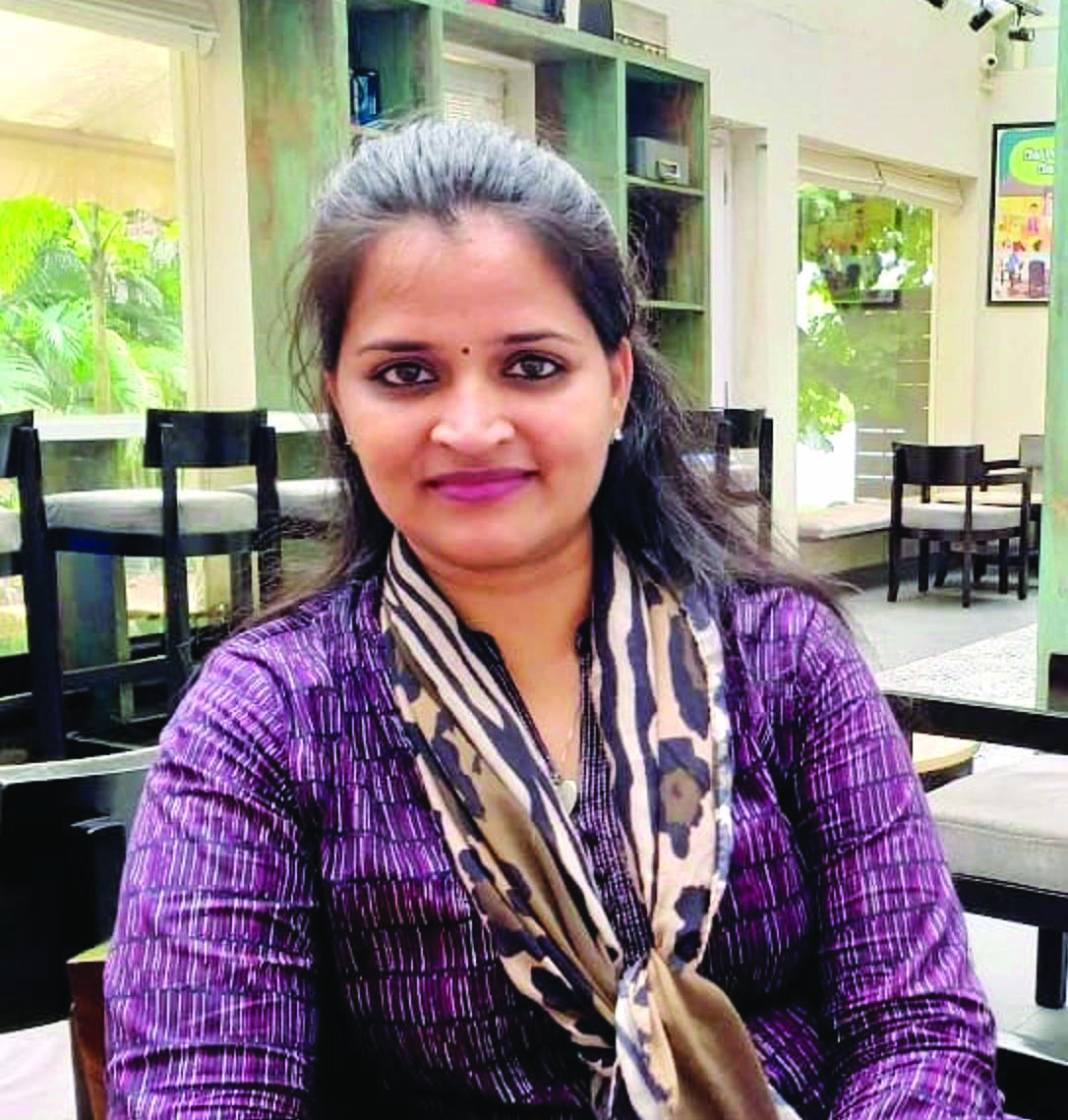
Sheeba Vinay
“New research indicates that excessive on-screen time adversely impacts children’s attention spans and creativity, reduces social interaction and perhaps slows down neural growth and development. Within adolescents, gaming addiction is resulting in disastrous consequences with teens reporting depression, aggressive behaviour and suicidal impulse,” says Sheeba Vinay, founder of WeTalk Mental Health and a member of the WICCI National Mental Health Council.
Now with children streaming back to school campuses and resuming in-class learning, Vinay recommends a programme to wean children off digital devices.
According to her, parents should introduce children to new activities and hobbies by enroling them in hobby/skills development programmes. Among other recommendations
- Jointly draw up an everyday schedule with children and agree to restrict non-educational digital screen watching to mutually agreed time slots.
- Mandate ‘no-tech family time’ during which there’s a comprehensive ban on using tech devices at home.
- Don’t suddenly ban all screens viewing. Reduce it gradually, but enforce timings strictly.
- Encourage children to play field games, racquet sports, and gyming activities to release feel-good endorphins or hormones.
3. Self-discipline and motivation
An international survey conducted in 2021 by Unicef and Gallup found that Covid-19 pandemic-related restrictions have prompted one in five young adults aged 15-24 to “feel depressed” with little motivation to indulge in “normal activities suited to their age”. In India during the 20-month pandemic lockdown of education institutions, social media posts are awash with parents and teachers complaining about children having become lazy, irresponsible, undisciplined and demotivated. Now after two years of learning from home, most children are likely to experience considerable stress readjusting to pre-pandemic full-day school schedules and in-class learning.
“Unfortunately during the past two years of online learning without adequate supervision, children have become undisciplined — waking up and sleeping late and studying randomly. While many youngest ones have never experienced the discipline of a school timetable, older children may have forgotten the importance of rules and routines. While teachers will do their bit to re-instill in-class discipline and responsibility in children, parents also need to motivate children to follow daily schedules and routines,” says Savita P (quoted earlier), who suggests enrolment of children in life skills development and co-curricular activities to “re-energise and motivate them”.
Anitha Bennett, Chennai-based author of children’s books who also conducts life skills development workshops for children and parents, concurs. “Children worldwide experienced severe anxiety, stress and loneliness during the pandemic lockdown of education institutions. They need to be reassured, counseled and motivated to get back on track. There are simple ways by which parents can restore children’s sense of responsibility and self-discipline. For instance, they could involve them in household chores and making family decisions. Moreover, parents need to explain how self-discipline and taking responsibility motivates people to achieve academic, personal and professional goals,” says Bennett.
4. Depression and self-harm tendencies
The US-based Center for Disease Control and Prevention has reported that suicide attempts among 12-17-year-olds, especially adolescent girls, surged during the Covid pandemic and got worse as social distancing norms and institutional lockdowns persisted. In India as well, suicide rates among adolescent children rose during the pandemic. According to the National Crime Records Bureau 2020 data, 11,396 children below 18 died by suicide, an 18 percent rise from self-harm deaths in the pre-pandemic year 2019.

Rajat Soni
“The pandemic, especially in its second and third waves, severely disrupted the mental health of teens. I have counseled more than the usual number of adolescents suffering depression, disinterest in any activity and suffused with negativity. Physically active teens are not accustomed to prolonged confinement in their homes under parental supervision and control. It causes intense irritation and anxiety within adolescents who tend to vent their frustration by way of anger outbursts and/or retreat into depression or in extreme situations, harm themselves,” says Rajat Soni, a New Delhi-based teen, life and parenting coach.
To perk up teens, Soni advises parents to engage them in confidence-building activities such as sports and games, DIY projects, public speaking, and theatre. “Most important, parents need to lend a patient ear and empathetically engage with teenage children, validate their experiences and attempt to de-escalate pandemic frustrations by inspiring hope. It’s also essential for parents to be vigilant and observant of any signs of depression and self-harm tendencies and to waste no time in consulting a professional counselor,” advises Soni.
5. Anxiety and adjustment
Latest data of the Indian Academy of Pediatrics (IAP) indicates that since the outbreak of the Covid-19 pandemic in March 2020, there’s been a huge surge in child mental health counseling countrywide. Children are increasingly reporting anxiety disorders and inability to cope with the lifestyles impact of the pandemic. With the economy having contracted by 7.6 percent in 2020-21 and unemployment at a high of 7.9 percent, tens of thousands of households have suffered income and/or job loss which has made children insecure and anxious about the future.

Dr. Poongodi Bala
“Children who have experienced this once-in-a-century pandemic have suffered huge disruption of their school and family life. Therefore, it’s not surprising that most of them exhibit anxiety manifested by loss of appetite, poor sleep, social withdrawal and denial,” says Dr. Poongodi Bala, a Chennai-based child and adolescence psychiatrist, who specialises in ADHD, autism and parental counseling.
Dr. Bala says it will take “a lot of patience, commitment, and deep understanding of the situation” to enable children to overcome anxiety. “Parents should be empathetic and kind to children and not belittle their anxieties and fears. They need to constantly reassure them of their full love, encouragement and support,” she says.
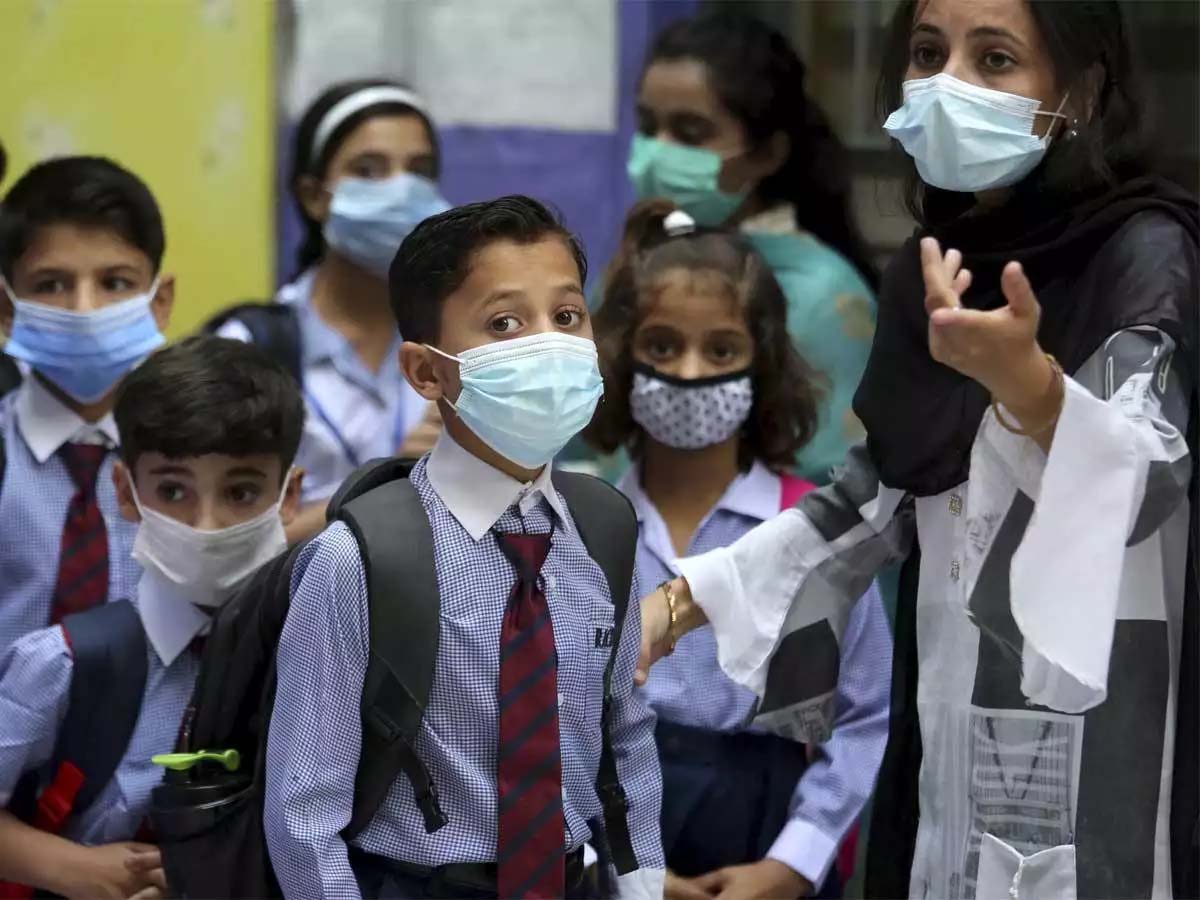 Moreover, with children anxious about adjusting with in-person schooling and full-day schedules, parents need to ease children’s return to normative schooling. Delhi-based counselor, Shaila Rawal advises parents to discharge a proactive role in enabling children to prepare for in-person classes. “After two years of attending online classes from home, children need time to readjust and refamiliarise themselves with old routines. Therefore, parents and teachers should gently and patiently initiate children back into the normal school routine. In particular, it’s quite likely that sleep schedules of adolescents has been severely disrupted during the past year by online schooling. Parents should gently reschedule their sleep and waking timings to sync with school hours,” advises Rawal.
Moreover, with children anxious about adjusting with in-person schooling and full-day schedules, parents need to ease children’s return to normative schooling. Delhi-based counselor, Shaila Rawal advises parents to discharge a proactive role in enabling children to prepare for in-person classes. “After two years of attending online classes from home, children need time to readjust and refamiliarise themselves with old routines. Therefore, parents and teachers should gently and patiently initiate children back into the normal school routine. In particular, it’s quite likely that sleep schedules of adolescents has been severely disrupted during the past year by online schooling. Parents should gently reschedule their sleep and waking timings to sync with school hours,” advises Rawal.
Enabling children to cope with pandemic anxiety
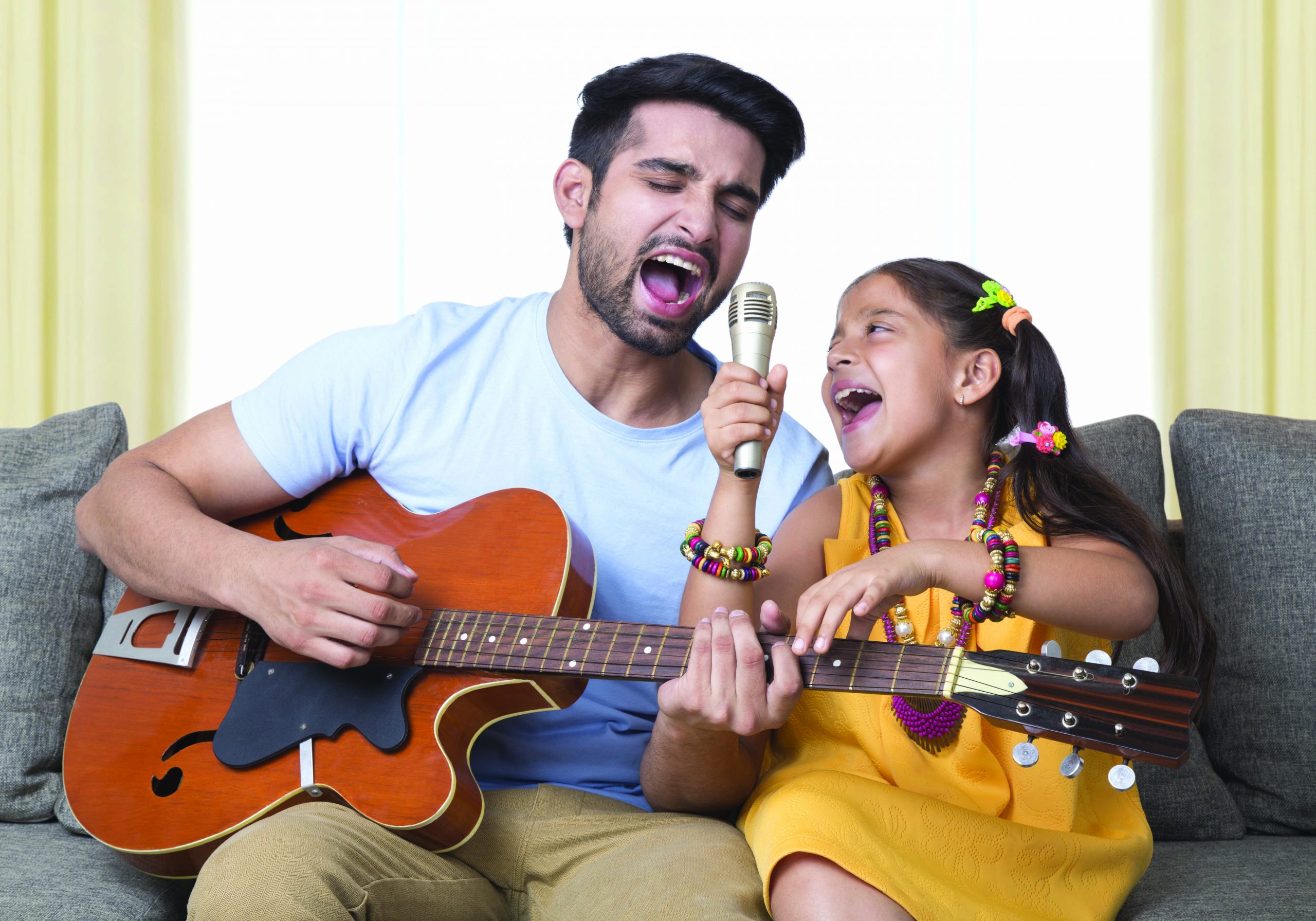 Dr. Anju Soni, psychologist and mental health counselor at the Chennai National Hospital, suggests ways and means for parents to protect and enable children to cope with pandemic anxiety:
Dr. Anju Soni, psychologist and mental health counselor at the Chennai National Hospital, suggests ways and means for parents to protect and enable children to cope with pandemic anxiety:
- Avoid discussing stressful subjects such as deaths and hospitalisation of close relatives, family, and friends before children.
- It’s important to be honest with children. Don’t make false promises.
- Offer children emotional comfort, hope and unconditional love when they are depressed and anxious.
- Encourage them to learn music, paint, read.
- Monitor your child’s online activities by using parental controls available in all digital devices. Set time limits for browsing digital media.
- Role model an hour of moderate to intense physical activity and exercise.
- Bond with family by playing board games, chess etc together.
- Don’t transfer anxieties and frustrations to children.
- Provide a nutritious, fiber-rich diet with minimal junk food intake.

























